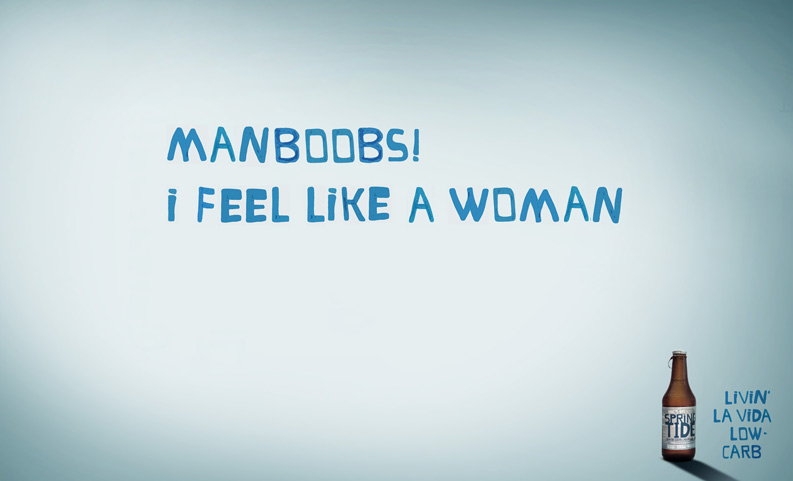Alcohol already cops a bit of flak for the terrible toll it takes on our hospital A&E department early on Sunday mornings. However it also exerts a subtler, longer-term toll on our health that people don’t really understand.
Alcohol accounts for 4% of life years lost in this country (37,000 years lost each year), with about half the damage coming through injuries and the other half through alcohol disorders. Note that this figure accounts for the ‘protective’ effects of alcohol that the drink manufacturers love to go on about, such as lowering blood pressure.
It does not include, however, the impact of alcohol on obesity, which as we know is associated with all sorts of health conditions. We don’t often think about this, but alcohol is actually one of the densest forms of energy, ranking just below fat. It is certainly more energy dense than carbohydrate, which the energy that most people worry about when they drink a beer or wine. That is the irony behind the trend of so-called ‘healthy’ low carb beers like DB Export 33, Mac’s Spring Tide and Speights Traverse. Less than a quarter of the energy in a standard drink of beer is likely to come from carbohydrate. Low carb beers might cut the amount of sugar in your beer by a third or even half, but that will at best only reduce the energy in the drink by a measly one eighth.
Add to this the fact that we drink alcohol in liquid form, which means that without the chewing our stomach doesn’t recognise it is consuming energy and therefore makes it easier to overeat. Finally as most of us have noticed at 3am (or the next day) a few beers or wines often leads us to end up eating the wrong foods as our willpower drops and our bodies struggle to process the alcohol. In short, alcohol is a triple whammy to our waistlines.
Alcohol makes up 4% of the average adult’s total energy intake. That might sound like a small amount, but our obesity crisis is being driven by an average overeating of about 10%. Any reduction in our alcohol intake would make a big contribution to achieving the 10% reduction that we need to make as a society. And given that alcohol has no nutrients in it whatsoever, we could quite easily cut back on our alcohol intake without any negative impact on our health. In other words, cutting back on alcohol will reduce your energy intake but not put a dent in your nutrient intake at all. Sadly, some prefer to cut back on food instead: the top 10% of drinkers get a whopping 11% of their energy intake from alcohol.[i]
The energy dense and nutrient poor nature of alcohol makes it a perfect candidate for an unhealthy food tax. The arguments are exactly the same as they are for a soft drink tax. Hang on, I hear you say. Don’t we already tax alcohol? Yes, we do, but that’s different. That excise tax is designed to take account of the impact that alcohol consumption (and particularly its evil twin, drunkenness) has on our society. As we have seen, alcohol is also a contributor to our energy-rich, nutrient-poor diet and commensurate health woes. The harm from alcohol is worse than we have thought in the past, so it deserves to pay. Twice.
[i] University of Otago and Ministry of Health. 2011. A Focus on Nutrition: Key findings of the 2008/09 New Zealand Adult Nutrition Survey. Wellington: Ministry of Health.
This blog is part of a series – “The twelve fake foods of Christmas”
We don’t want to get all bah humbug about your Christmas celebrations, after all this is the one time of year you should be able to let your hair down a bit and not feel guilty about it. But it is a good time to highlight some of the fake foods that can cause some damage if we get into the habit of eating them. We’ve particularly targeted the foods that are marketed to us as “healthy” in an effort to get us to eat them every day, when in fact they are complete junk and should be confined solely to the annual Christmas binge.
Other posts:
12 Fake Foods of Christmas no.1: Cereal Killers


